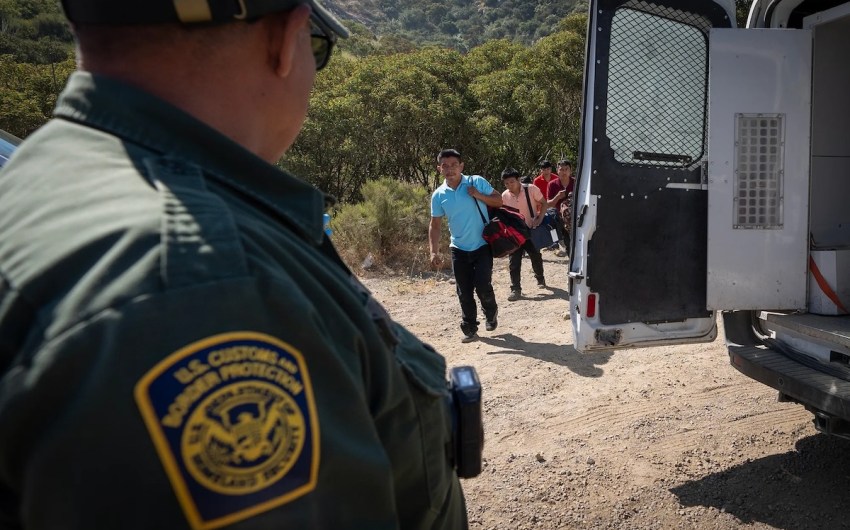SoCal Edison Restoration Project to Close Santa Barbara’s Tunnel Trail Again
Hikers Will Be Unable to Access the Popular Trail for up to Six Months Starting July 25

Santa Barbara’s Tunnel Trail will once again close to the public on July 25 as Southern California Edison continues their restoration project after illegally dumping more than 950,000 gallons of rocks and debris into Mission Creek almost five years ago. Hikers will be unable to access the area for up to six months.

This phase of the project will include “lots of debris cleanup” — some by hand, and some using heavy equipment, explained Gabriela Ornelas, a spokesperson for Southern California Edison (SCE). Such equipment can cause harm to bystanders, which is why the trail must be closed to the public for the duration of their work.
Restoration of the creek began as a result of SCE’s illegal dumping of tons of debris in 2019, after doing “minor road work” that was not sanctioned by the city or the county. Vegetation was destroyed and huge chunks of the hillside were thrown into Mission Creek, disrupting the natural flow of the water and greatly harming the environment. Edison closed Tunnel Trail a few months later, in March 2020, to begin restoration and slope-stabilization efforts.
The Santa Barbara District Attorney’s Office filed civil and criminal charges against Edison, who pleaded no contest and settled for $3.5 million in December 2020.
As part of the deal, Edison is on the hook for as long as it takes to restore what they destroyed. “We are working closely with the county to get the proper permits and make sure we’re aligned,” said Ornelas.
Edison will also need to go through a habitat restoration process, which will include replanting native vegetation that was harmed in the dumping event. Ornelas said that they do not currently have a timeline for this portion of the restoration project.








You must be logged in to post a comment.